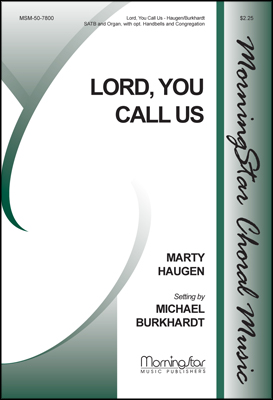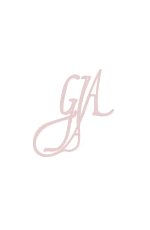- |
User Links
389
Joyous Light of Heavenly Glory
Hymn Information
- First Line
- Joyous light of heavenly glory
- Author
- Marty Haugen
- Tune Name
- JOYOUS LIGHT
- Composer
- Marty Haugen
- Topic
- Daily Prayer: Evening · Doxologies · God As: Light · Praise of God · Time
Copyright Information
- Text Copyright
- © 1987 GIA Publications, Inc.
- Tune Copyright
- © 1987 GIA Publications, Inc.
- Reprint/Projection Information
- Words and Music: Permitted with a license from OneLicense.net. If you do not own this license, please contact the copyright holder for permission.
Scripture References
Confessions and Statements of Faith References
Further Reflections on Confessions and Statements of Faith References
The spirit of this song can come only from those who thankfully receive each day as a gift from God’s hand. Our World Belongs to God, paragraph 44 teaches, “Life is a gift from God’s hand” which we receive thankfully “with reverence for the Creator...” (paragraph 44).
The call for God’s help in our daily living arises from those who are confident of his fatherly care; consider reading Belgic Confession, Article 13 and Heidelberg Catechism, Lord’s Day 9, Question and Answer 26.
389
Joyous Light of Heavenly Glory
Tune Information
- Name
- JOYOUS LIGHT
- Key
- E♭ Major
- Meter
- 8.7.8.7 D
Recordings
389
Joyous Light of Heavenly Glory
Hymn Story/Background
An ancient Greek evening hymn known as the Phos Hilaron dates from as early as the third century, sung ever since in vespers services in many Orthodox, Roman Catholic, Anglican and Lutheran liturgies, especially in monastic communities that still gather for worship every evening. Other older English texts based on the Phos Hilaron have begun, “O Gladsome Light,” “O Radiant Light,” and “Hail, Gladdening Light” among many others (The word “hilarity” comes from the Greek “Hilaron”). Marty Haugen’s evening hymn is new, but rooted in that ancient text and tradition; his hymn is somewhat unusual for him in being set to such a traditional meter, and it even sounds more “classic” than many of his other songs. Features retained from the original Greek text are not only the many references to light, but also the Trinitarian language in stanza 3. This setting was prepared for Holden Village, an ecumenical Christian renewal and retreat center in Washington State with a long-standing relationship to the Lutheran church. The hymn was part of a complete service of evening prayer, Holden Evening Prayer, published by GIA Publications, Inc. in 1990.
—
Emily Brink
Author and Composer Information
Marty Haugen (b. 1950), is a prolific liturgical composer with many songs included in hymnals across the liturgical spectrum of North American hymnals and beyond, with many songs translated into different languages. He was raised in the American Lutheran Church, received a BA in psychology from Luther College, yet found his first position as a church musician in a Roman Catholic parish at a time when the Roman Catholic Church was undergoing profound liturgical and musical changes after Vatican II. Finding a vocation in that parish to provide accessible songs for worship, he continued to compose and to study, receiving an MA in pastoral studies at the University of St. Thomas in St. Paul Minnesota. A number of liturgical settings were prepared for the Evangelical Lutheran Church in America and more than 400 of his compositions are available from several publishers, especially GIA Publications, who also produced some 30 recordings of his songs. He is composer-in-residence at Mayflower Community Congregational Church in Minneapolis and continues to compose and travel to speak and teach at worship events around the world.
—
Emily Brink
Suggestions or corrections? Contact us


 My Starred Hymns
My Starred Hymns



